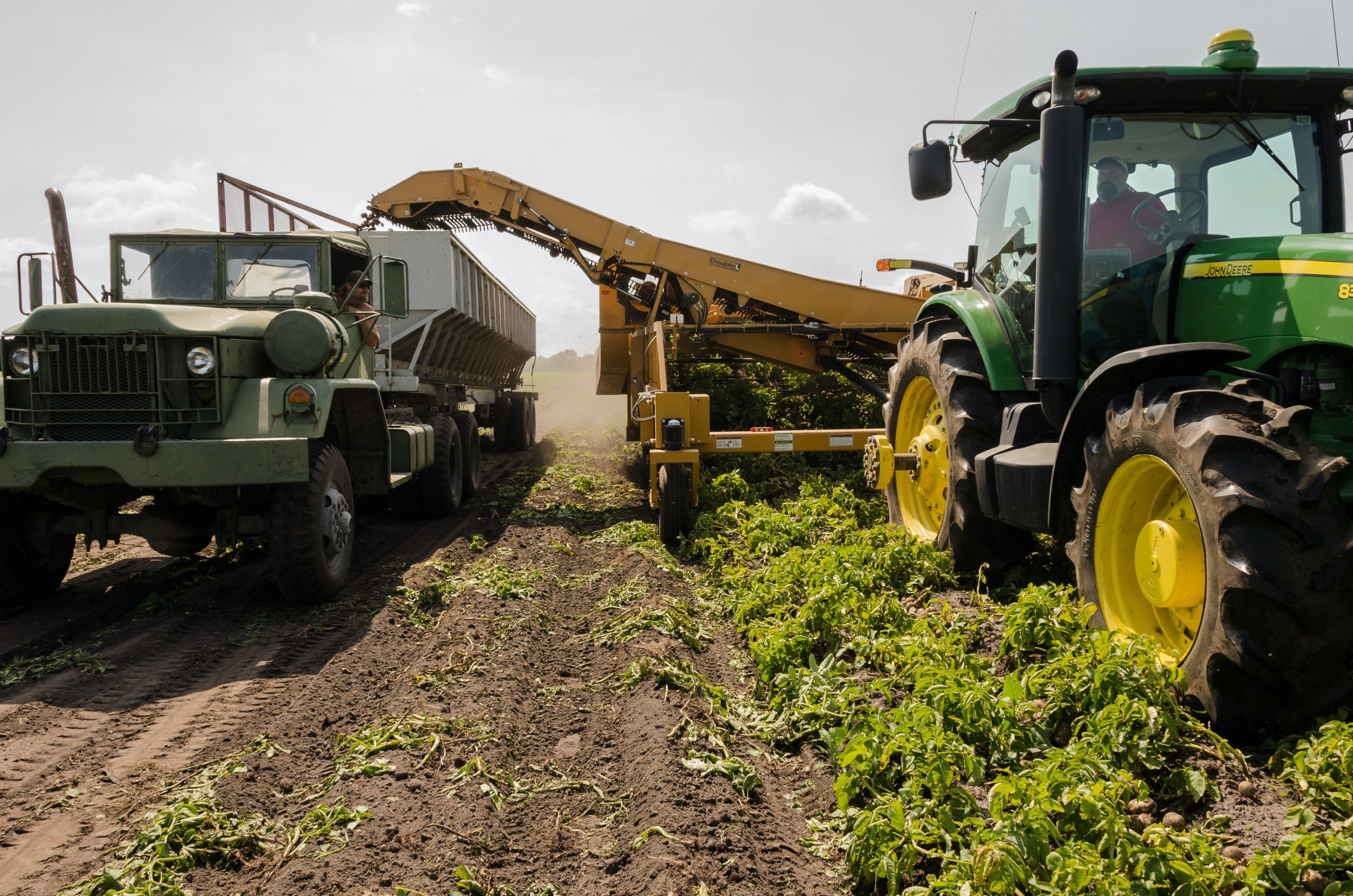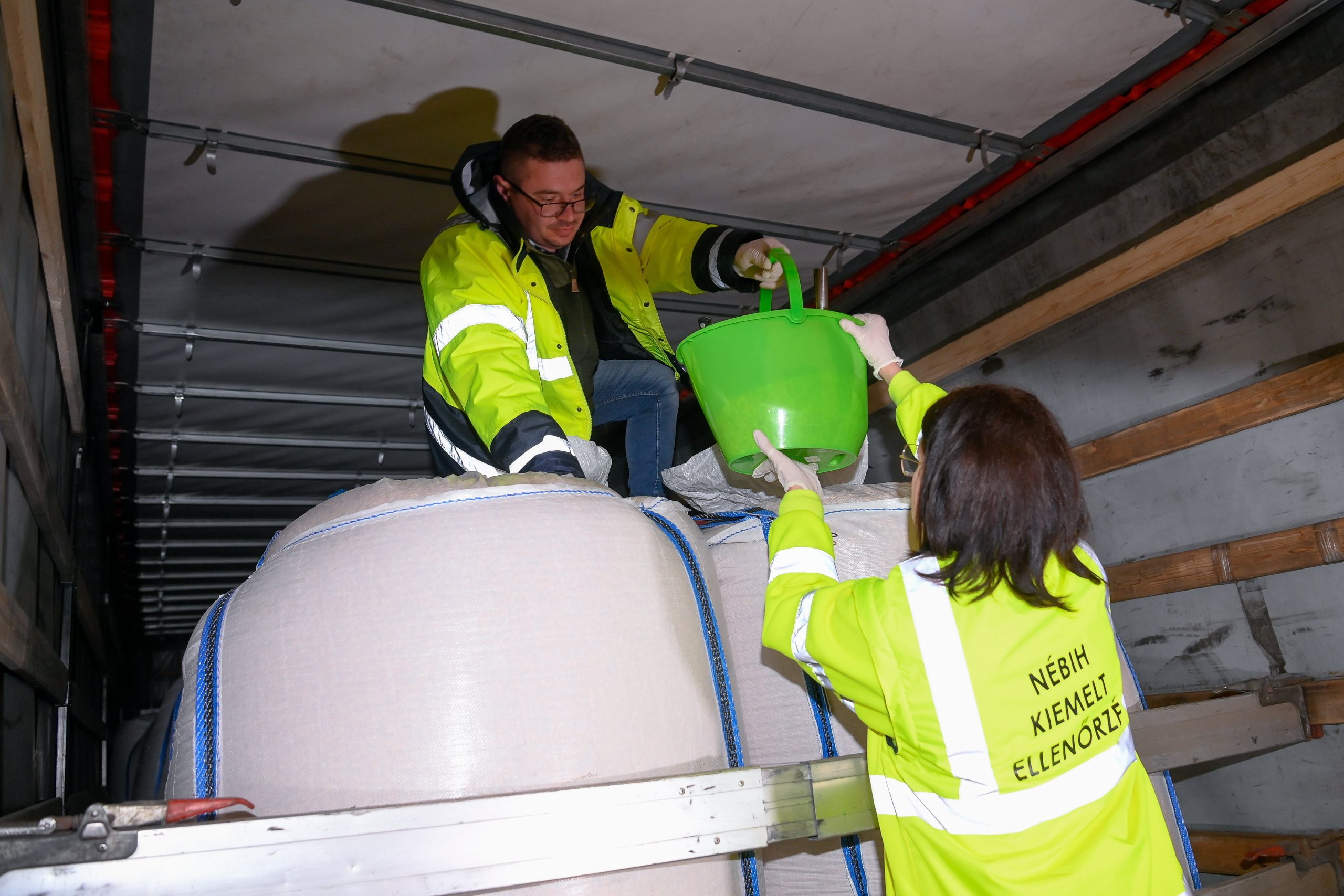
Tariff and quota exemptions for Ukrainian agricultural products have flooded neighboring countries with cheap grain and oilseeds.Continue reading

Slovakia has followed Hungary and Poland in temporarily banning imports of grain and other agricultural products from Ukraine. However, the Czech Republic does not plan to take a similar step. Hungary is strictly controlling Ukrainian shipments.
Bratislava will temporarily stop imports of grain and some other products from Ukraine, the executive government decided at an online meeting on Monday. Samuel Vlcan, acting minister of agriculture and rural development, justified the decision on the grounds of the need to protect the agricultural sector and consumers’ health.
Last week, Slovakia banned the processing and use of Ukrainian grain and flour because of its harmful pesticide content.
Czech Agriculture Minister Zdenek Nekula said on Monday that Prague is not planning an import ban for the time being. The Czech minister criticized his neighbors, saying that the import bans imposed by Poland, Hungary, and Slovakia were against the functioning of the EU single market and the World Trade Organization (WTO) rules.
As reported by Hungary Today, Poland and Hungary also banned imports of Ukrainian agricultural products on Saturday. One of the reasons for this is that the duty-free, cheap grain puts local farmers in an extremely difficult situation. Another is that pesticides banned in the EU are used in Ukraine.
The European Commission has responded by sweeping aside Polish and Hungarian concerns, with a spokesman saying the two countries cannot make such decisions unilaterally.
Minister of Foreign Affairs and Trade Péter Szijjártó told the BBC that the agreement to allow Ukrainian grain into the EU was intended to help Ukraine export grain and other foodstuffs to parts of the world where a shortage of Ukrainian exports could cause food shortages (for example to Africa). “We donated more than 3 million dollars for this purpose when the president of Ukraine requested it, and we opened transit routes through Hungary. But the exported grain and food simply got stuck in Central Europe. That was not the aim, and that was not what we agreed. The grain and other foodstuffs that flooded Central Europe, especially Hungary, caused enormous difficulties for Hungarian agriculture and Hungarian farmers,” he explained.
Agriculture Minister István Nagy told daily Magyar Nemzet that “a good part of Ukrainian agriculture is producing in huge farms with very low production costs, thanks to the cultivation and crop protection practices that are no longer allowed in the European Union, which also significantly reduce the cost price.”
Authorities have found several cases of mycotoxin-contaminated maize, with several samples showing positive results following GMO testing,”
he revealed.
State Secretary for Food Industry and Trade Márton Nobilis traveled to the Ukrainian border on Tuesday morning. He said all grain shipments from Ukraine to Hungary by road and rail are checked, and only transit vehicles are allowed through the country.
Featured photo via MTI/Czeglédi Zsolt